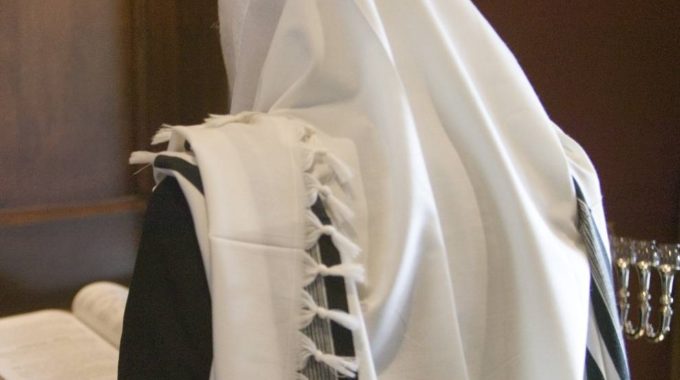Adapted from the writings of Dayan Yitzhak Grossman April 18, 2024 AP News reports: A…

Bais HaVaad on the Parsha, Parshas Va’eira
Cross Talk
Excerpted and adapted from a shiur by HaRav Yechiel Biberfeld
December 30, 2021
Moshe said to him: When I leave the city, I will spread out my hands to Hashem. The thunder will cease, and there will be no more hail, in order that you will know that the land is Hashem’s.
Shmos 9:29
Rashi explains that Moshe had to leave the city before davening because it is forbidden to daven in the presence of avodah zarah.
The Trumas Hadeshen was asked whether a traveler may daven Mincha on the side of the road, where he might be disturbed by other travelers, or he must wait until he reaches an inn. He answers that it is preferable to wait until reaching an inn. But if the inn may have avodah zarah on the walls (like Christian pictures, symbols, or statues), it would be forbidden to daven there based on the above Rashi. The Rama (Orach Chaim 94:9) codifies this ruling.
This question is relevant today in places like a Catholic hospital with Christian pictures or symbols on the wall (e.g., a crucifix; see Ishei Yisrael citing R’ Chaim Kanievsky), in which case one may not recite divrei Torah or daven in the room. If a patient cannot leave, the Mishnah Brurah writes that he should ideally turn away. If this too is impossible, he should close his eyes while davening or reciting Torah.
Shu”t Betzeil Hachochmah (2:84) writes that in a hotel with a Christian bible, one must remove it from sight before davening or speaking divrei Torah.[1]
[1] See Shu”t Cheilek Levi (44), who disagrees in principle with this approach and claims that Moshe’s case was different since he had to spread his hands specifically. But even he rules in practice that one should be careful not to daven in such places.





